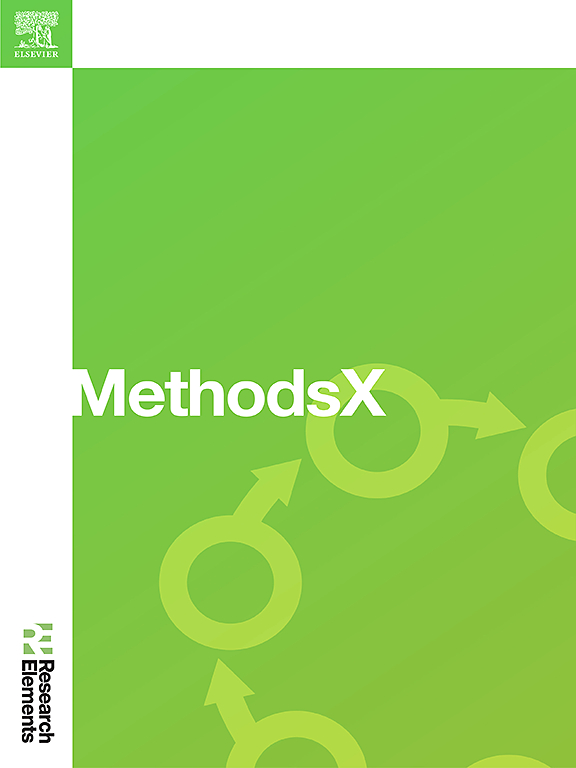严肃游戏研究中混合方法评估的设计科学方法
IF 1.6
Q2 MULTIDISCIPLINARY SCIENCES
引用次数: 0
摘要
严肃游戏要想有效,必须经过严格的验证过程。设计科学的方法主张在创造和验证人工制品的过程中使用定量或定性研究方法,这种方法适用于评估作为教育工具的严肃游戏。本研究提出了一个方法框架,将定量测量和定性调查结合起来,以评估为道德教育设计的严肃游戏的有效性。我们提供了定量调查问卷、其编码手册以及作者使用严肃游戏进行商业道德教学的方法验证过程中产生的数据集。这两种方法的整合使我们能够验证该游戏是促进大学生道德反思的一种相关且有效的策略。方法论亮点-定量评估基于技术接受模型 III(TAM III)和计划行为理论(TPB)-定性调查分析了学生的小组工作,以了解他们在游戏后对道德现象的看法-教授们可以把从学生看法中获得的启示作为未来游戏应用的起点或框架。本文章由计算机程序翻译,如有差异,请以英文原文为准。

A design science approach to mixed-methods evaluation in serious game research
For a serious game to be effective, it must undergo rigorous validation process. A Design Science approach advocates the use of quantitative or qualitative research methodologies within the creation and validation of artifacts, an approach suitable for evaluating serious games as educational tools.
This study presents a methodological framework that integrates quantitative measurement and qualitative inquiry to assess the effectiveness of a serious game designed for ethics education. We provide access to the quantitative questionnaire, its codebook, and the dataset generated during the validation of the authors’ approach using a serious game for teaching business ethics.
The integration of both methods allowed us to validate the game as a relevant and effective strategy for promoting ethical reflection among university students. These findings support the consistency and reliability of the method used for validating serious games.
Methodological Highlights
- •The quantitative assessment is based on the Technology Acceptance Model III (TAM III) and the Theory of Planned Behavior (TPB).
- •Qualitative inquiry analyzes students’ group work to understand their perceptions of ethical phenomena after gameplay.
- •Professors can use insights from students' perceptions as a starting point or framework for takeaways in future game applications.
求助全文
通过发布文献求助,成功后即可免费获取论文全文。
去求助
来源期刊

MethodsX
Health Professions-Medical Laboratory Technology
CiteScore
3.60
自引率
5.30%
发文量
314
审稿时长
7 weeks
期刊介绍:
 求助内容:
求助内容: 应助结果提醒方式:
应助结果提醒方式:


